Migration
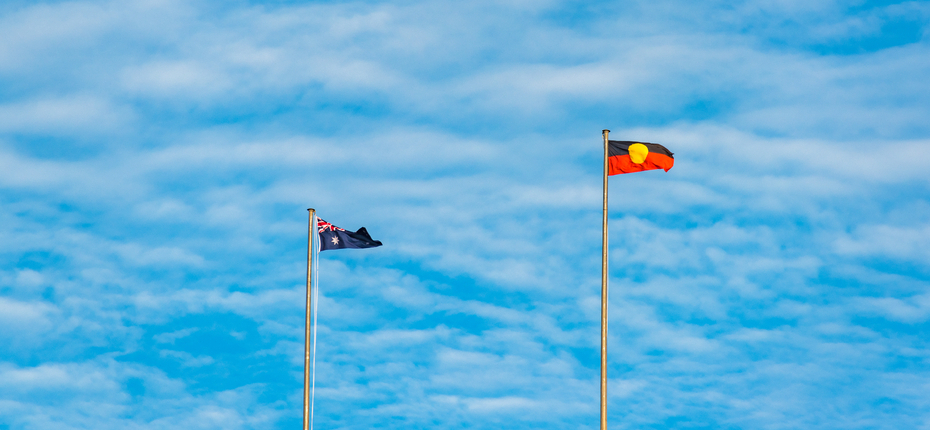
Addressing the “bookends of rejection” in Australian history
Australian Jesuit Provincial Fr Brian McCoy has announced a project to bring together the Jesuits' concerns for Indigenous Australians and asylum seekers, which he describes...read more
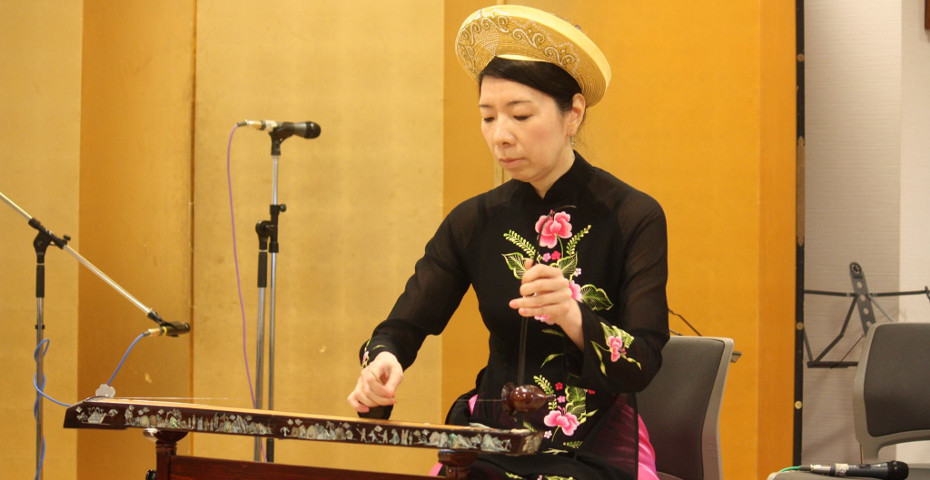
Working with Vietnamese migrant workers in Japan to help their country
Once a year, the lilt of the t’rung and the rise and fall of the sounds of the danbau transport audiences at a charity concert...read more

Students hear the voices of refugees first hand
Jesuit Refugee Service Australia has teamed up with Refugee Council of Australia to create a programme that gives young people the chance to meet a refugee...read more
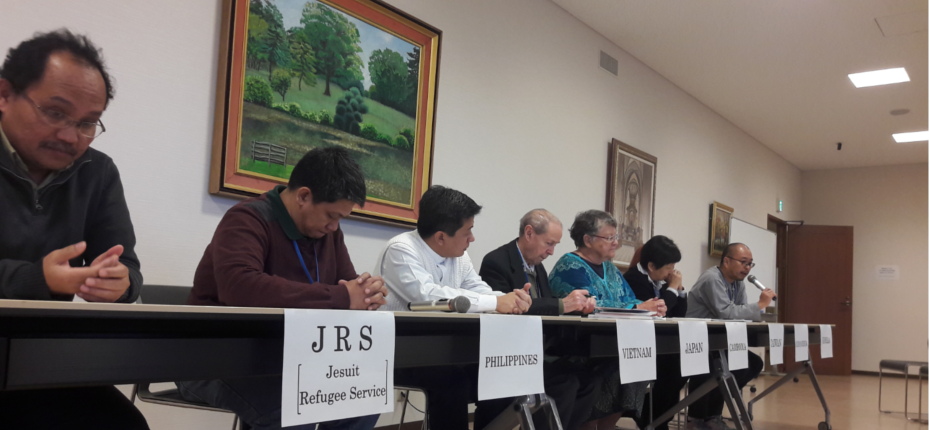
Charting a new course for the migration network
The word “discernment” has become all the rage within Jesuit circles following the 36th General Congregation. Fr General Arturo Sosa has even appointed a special...read more
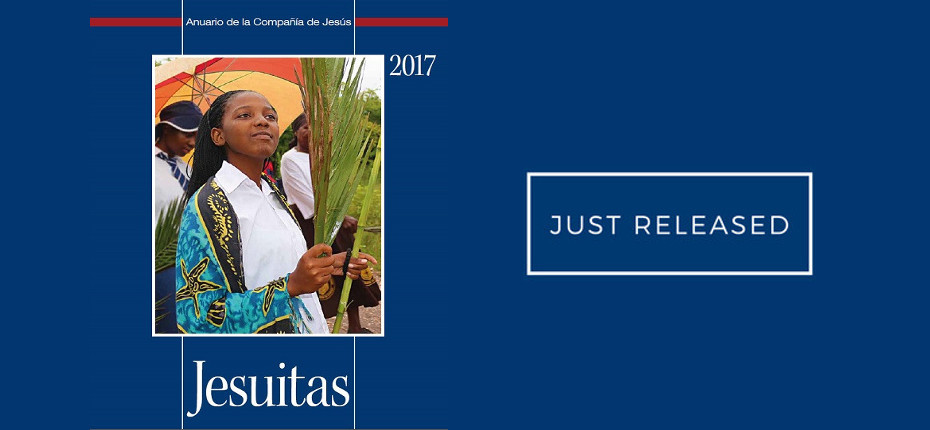
Jesuit Yearbook 2017 now available online
“The world is our house.” This phrase used by early Jesuit Jerome Nadal appropriately begins a section on Jesuit work with indigenous communities, the special...read more
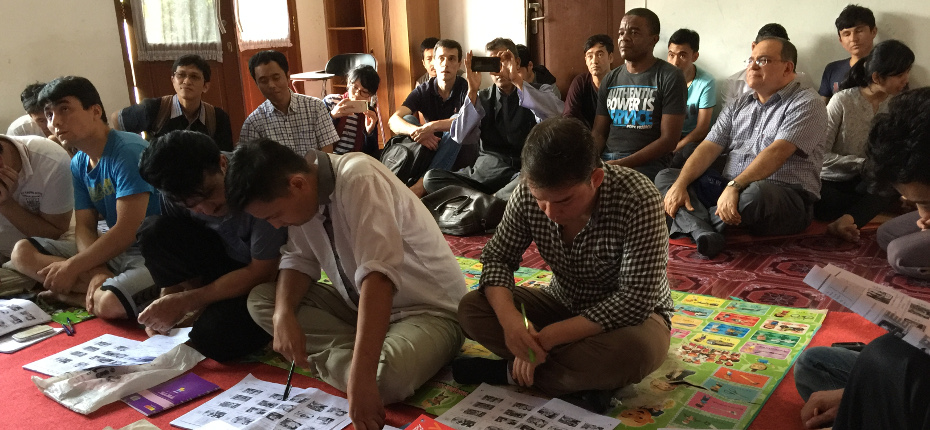
Rediscovering solidarity
“So, where is home for you?” Upon hearing this question, Sediqa broke down in tears. This seemingly innocent question brought back the only vague memory...read more
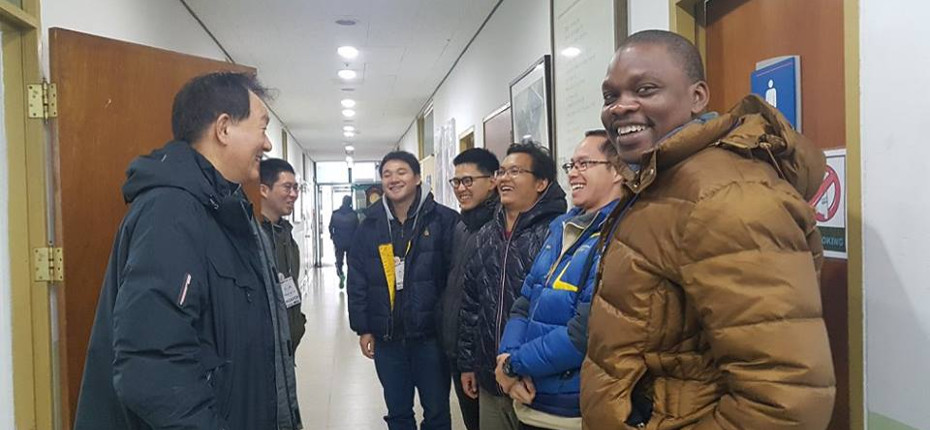
A transformative encounter with migrants
Barnabé Hounguevou is a scholastic from Benin, West Africa staying in Arrupe International Residence. He was one of 39 participants in the Scholastics and Brothers...read more
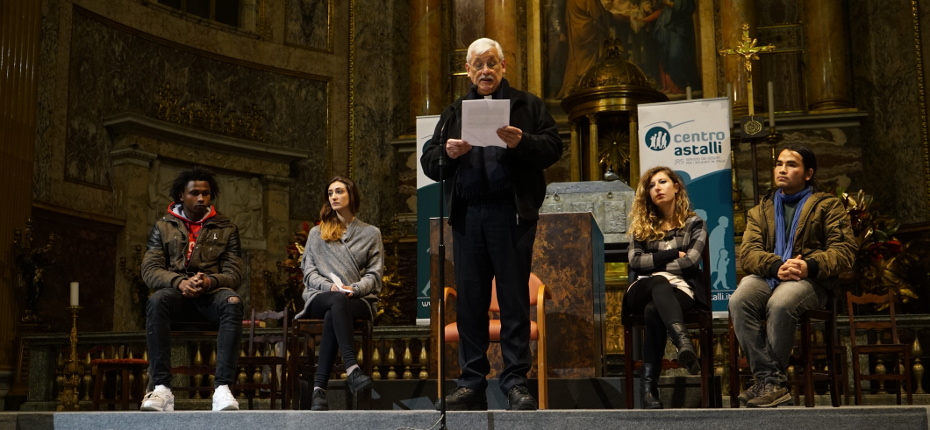
Fr General calls for societies to welcome migrants and refugees
On January 13, Father Arturo Sosa SJ, Superior General of the Society of Jesus, joined the community of Centro Astalli (Jesuit Refugee Service Italy) in...read more
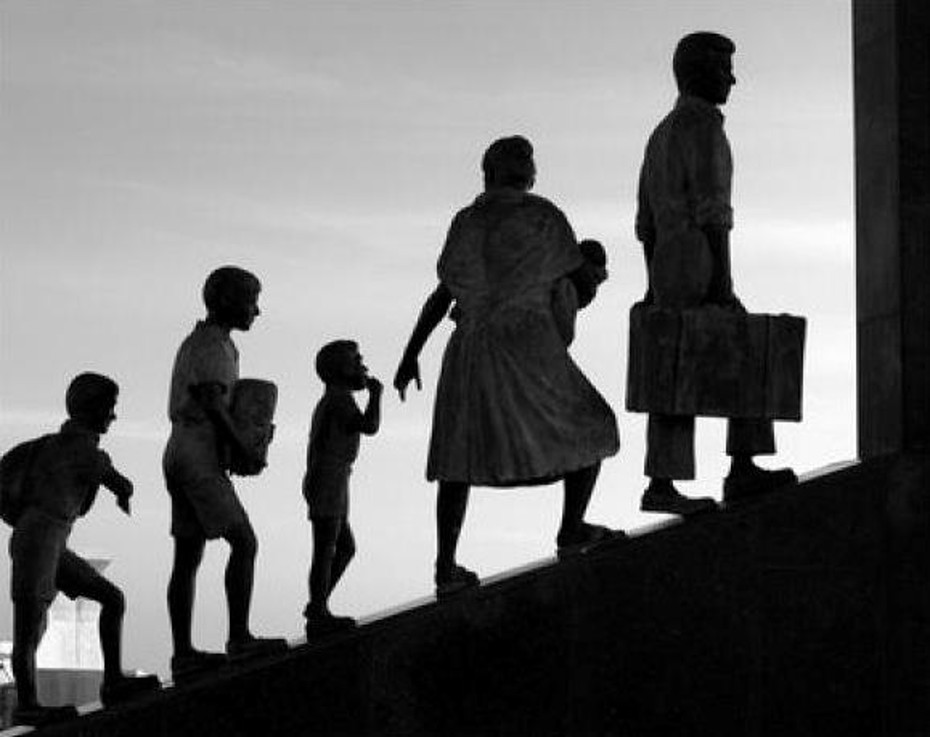
Understanding the impact of migration on children
Much has been written about migrant workers and their lives and trials working in foreign country. What is often overlooked, however, is what happens to...read more
